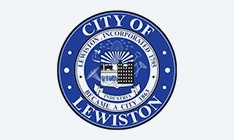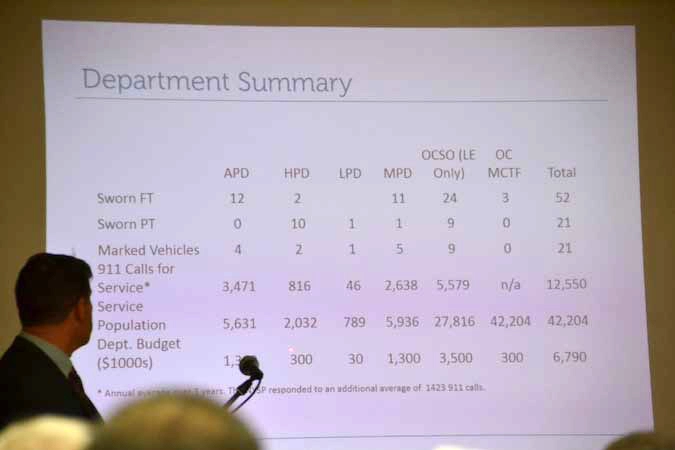
The structure of most local governments has changed little in decades, yet the issues and demands facing them continue to evolve. Whether to reorganize, dissolve, consolidate or create new local government entities is a complex question that CGR has informed for dozens of communities. We provide strategic analytical support for independent, factual and actionable evaluations of efficiency and effectiveness, including internal reviews of individual governments / agencies and shared service efforts spanning multiple entities. This portfolio of work has ranged from service-specific assessments of individual functions in small rural communities with operations totaling less than a million dollars, to large multi-county metropolitan regions with hundreds of governmental entities and over $15 billion in operations. In this work, we’ve covered a broad range of services and issues affecting local governments today, including governance structures, service delivery frameworks, fiscal impact, administrative functions, public safety, and public works.
Featured Work
Town of Seneca Falls, NY Operational Assessment
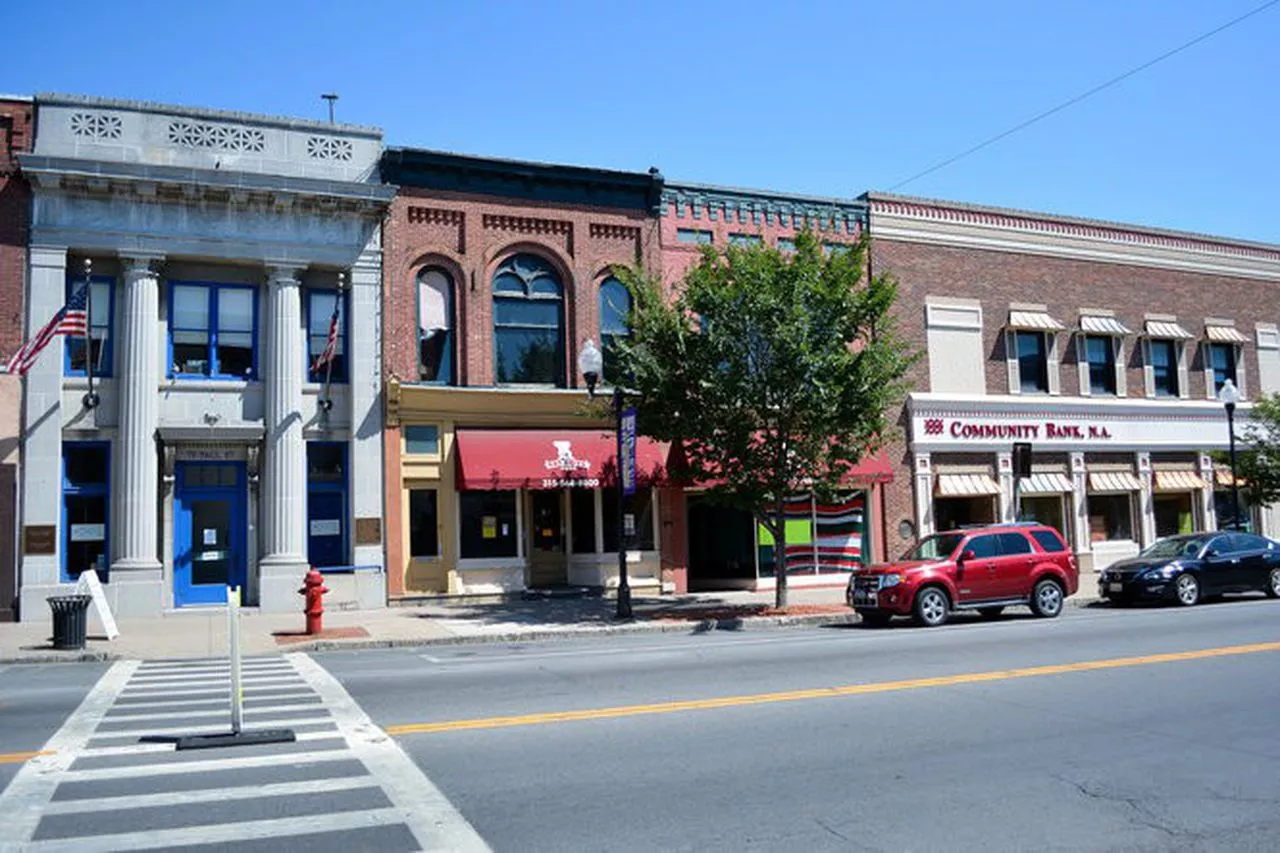
The Town of Seneca Falls retained CGR in 2021 to assess the Town’s operations, organizational structure, staffing and budget process. The study also considered whether the Town would benefit from additional management and researched leadership options. The Town of Seneca Falls experienced major changes in the 10 years preceding the study, absorbing a Police Department, water and sewer systems, and various other services and infrastructure from the Village of Seneca Falls after its government dissolved in 2012. CGR’s study found that despite these additional responsibilities, the Town’s administrative structure had not changed since 2012 and was still led by a part-time Town Board and Supervisor. As a result, many basic functions of local government (capital planning, personnel management, timekeeping, purchasing) were diffused across Town departments, which approached these responsibilities in different ways. CGR recommended three options to strengthen Town management: Establishing a town manager position, making the Supervisor full-time, or adding hours and pay to the existing part-time Supervisor role. Other recommendations included developing a multi-year town-wide capital plan; developing a new comprehensive plan; and adopting a centralized timekeeping system. As of 2022, the Town was seeking to hire a town manager.
Local Services in Northwest Arkansas - Assessment of a Growing Region
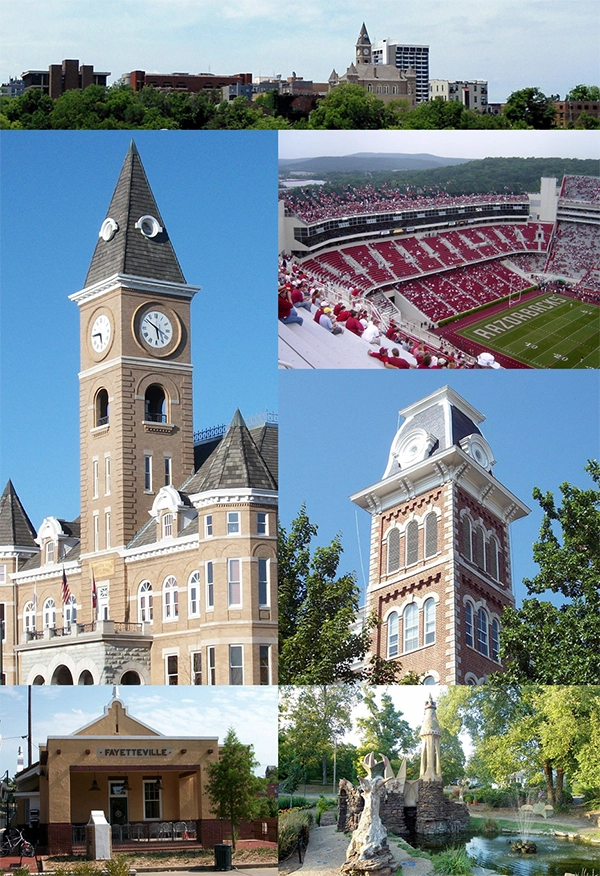
The Walton Family Foundation engaged CGR in 2021 to document and assess the delivery of local services in Benton and Washington Counties in Arkansas. The Foundation also asked CGR to explore opportunities for greater regional cooperation among local governments. The project was driven by rapid growth in Northwest Arkansas, where the population more than doubled between 1990 and 2020, and a desire to plan for the region’s evolving needs. CGR developed and conducted a survey of local and regional leaders, collected and analyzed data on government operations and costs, and interviewed leaders about collaboration, challenges and opportunities presented by Northwest Arkansas’s growth. CGR’s report detailed how local government functions in Arkansas; explored mechanisms for shared or regional service delivery; inventoried 32 core services delivered at the local level by counties, municipalities and regional entities; and discussed opportunities to reduce fragmentation of these services. Recommendations included further coordination of EMS services; regional collaboration to bolster rural fire departments; a more regional approach to solid waste and recycling services; developing a region-wide strategy for housing development; a study of alternatives to incarceration to address jail capacity issues; creating a dedicated revenue source for public transit; and exploring partnerships and joint bids for street maintenance.
The Cities of Lewiston and Auburn, Maine Consolidation Study

CGR was engaged by the Joint Charter Commission of the Cities of Lewiston and Auburn, Maine, to evaluate the potential impacts of a municipal consolidation. To inform the analysis, CGR completed a comprehensive review of services, governance structures and resource allocation in both cities, the State of Maine’s 2nd- and 5th-largest. Services reviewed included police, fire, public works, education and general municipal operations. Two reports were produced to inform the Commission’s and public’s consideration of consolidation options: First, a baseline (existing conditions) review of all current functions, service levels, assets and liabilities; second, a presentation of consolidation options on a service-by-service basis, along with projections of the fiscal and service-level impacts that would result from consolidation. On November 7, 2017, residents of Lewiston and Auburn voted to reject a proposed merger of the two cities by a wide margin.
Impact and Dissolution Plan for the Village of Forestville, NY
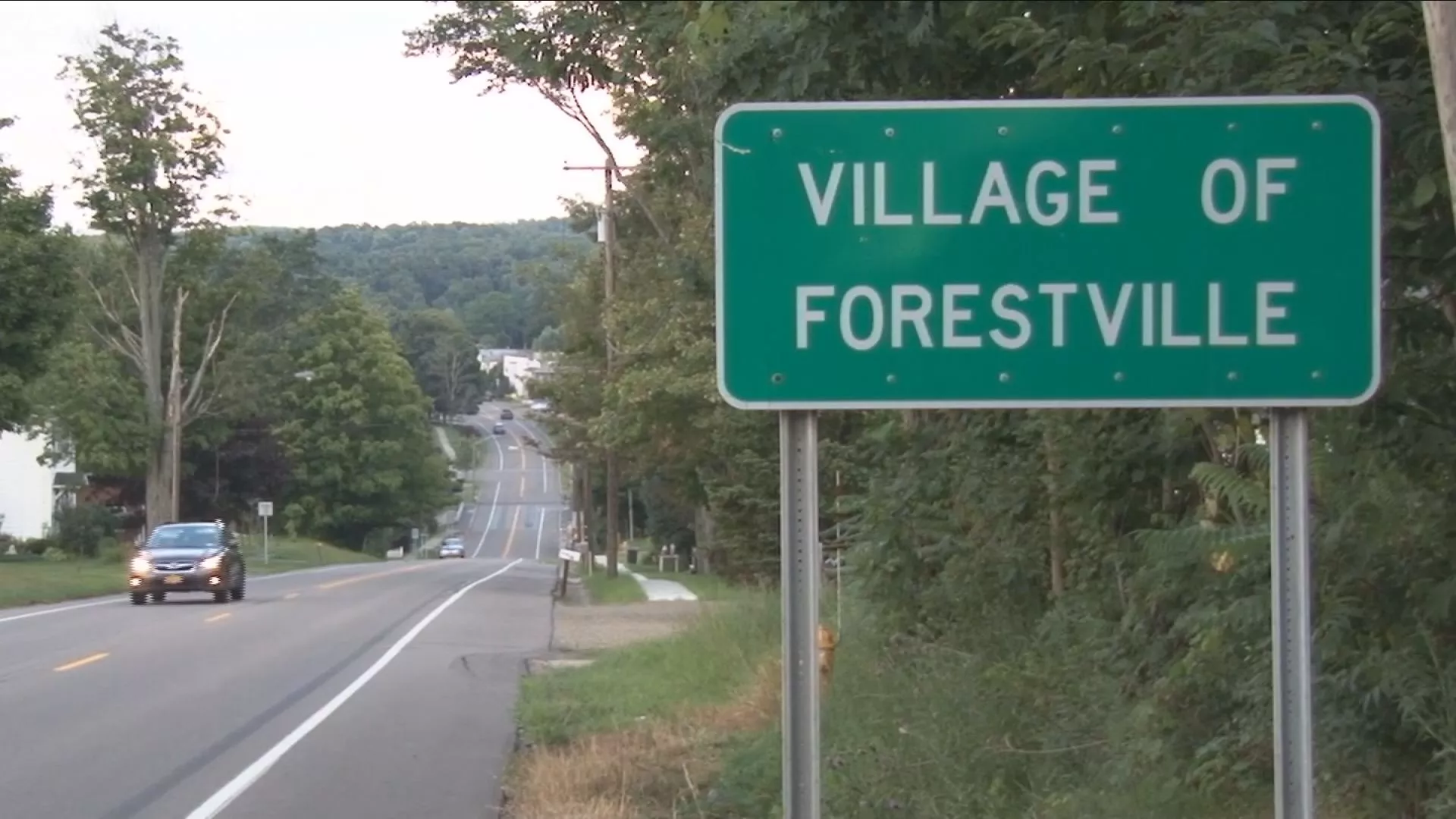
In 2015, the residents of the Chautauqua County Village of Forestville presented their government with a petition to dissolve. CGR was engaged to provide the Village with an impact analysis to help inform citizens before the vote to dissolve. After a referendum indicated a desire to dissolve, CGR was again hired to assist the residents in developing a plan to dissolve the Village and arrange for a continuity of operations with the Town of Hanover. In November 2016, the residents again voted in favor of dissolution and the Village dissolved on December 31, 2016. Information on the process can be found at www.cgr.org/forestville.
Village and Town of Massena, NY Reorganization Study

A committee formed by the Village and Town of Massena engaged CGR in February 2019 (with financial support from New York State) to study opportunities to reorganize local government to improve the effectiveness and efficiency of public services. The study built on Massena’s history of providing public services cooperatively, such as sharing a municipal office building. Adding to the complexity of the project, the Village was located in three towns – Massena, Louisville and Norfolk – and any reorganization of Town and Village government had the potential to affect all three communities. CGR analyzed several scenarios, including dissolution of the Village, a joint consolidation agreement between the Town and Village, and opportunities for the functional consolidation or expanded cooperation without heavily restructuring either government. CGR ultimately did not recommend a full merger, due to complications and potential costs involved with the continuity of Village law enforcement were the Village to dissolve or consolidate. Instead, our team recommended more robust service sharing and consolidation of functions. We identified the Highway and Public Works departments as an area of likely cost savings, and the Town and Village Courts as an opportunity for further consolidation. CGR also recommended the municipalities hire a joint administrator, given the substantial workloads of the part-time Mayor and Town Supervisor. The Village pursued several of CGR’s recommendations, creating a Village administrator position and moving to dissolve the Village Court.
Consolidation Options and Impacts for Princeton, NJ: A Report to the Joint Consolidation/Shared Services Study Commission
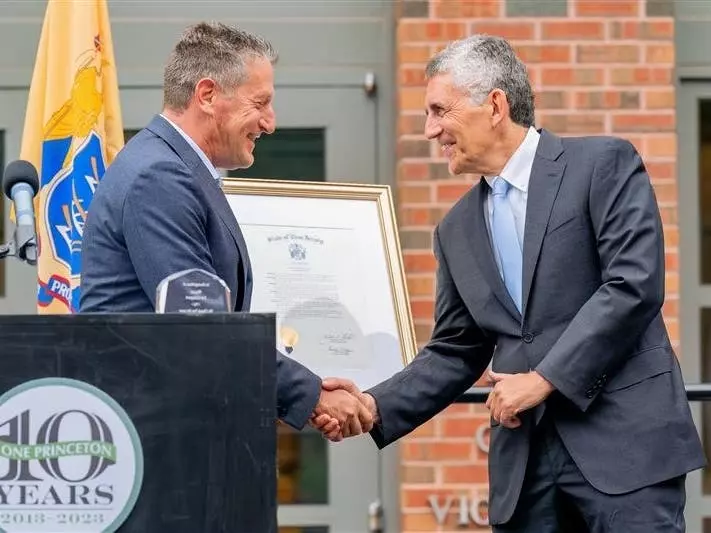
CGR was engaged in 2010 to complete an in-depth analysis of the financial and operational implications of a merger between the Borough of Princeton and the Township of Princeton and assist the appointed Consolidation Commission with development of the merger plan. CGR estimates the merger plan will save taxpayers $3.1 million at full implementation, generating savings of $591 for the average Borough home and $416 for the average Township home. CGR produced the landmark analysis, plan design and fiscal / operational study that led to the 2013 consolidation of the two municipalities in the 31,000-resident community of Princeton, New Jersey. The largest municipal restructuring in New Jersey in nearly a century, and first under its revised consolidation laws, generated a 4.5 percent reduction in municipal taxes in the first year. As project manager, CGR’s role involved extensive budgetary review covering all operations; special (i.e. dedicated, self-liquidating) funds and debt; an evaluation of all municipal services; and governance / administrative functions.







